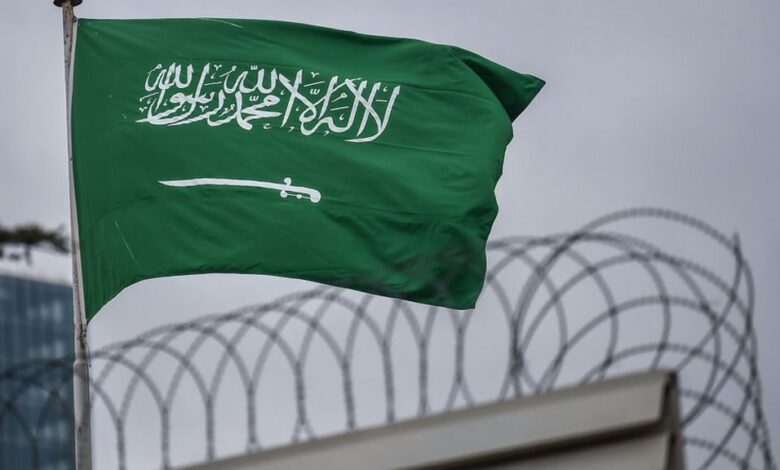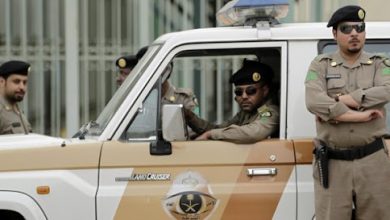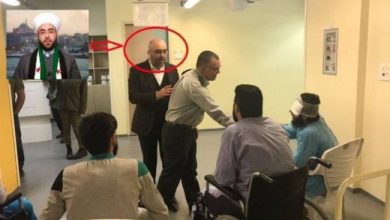Human Rights Watch: Mohammed bin Salman Suppresses Independent Civil Society

International human rights documentation confirmed the policy of Crown Prince Mohammed bin Salman, the de facto ruler of Saudi Arabia, in suppressing independent civil society and banning public freedoms, including popular engagement in the vision for reforming the conditions in the kingdom.
Human Rights Watch and Amnesty International stated in a joint statement that civil society organizations, activists, and Saudi dissidents should be able to freely present their visions and agendas for a future in which human rights are respected in their country without fear of retaliation.
The two organizations expressed solidarity with the Saudi people who demand a future for their country that prioritizes respect for human rights.
The statement indicated that on May 11, 2023, Saudi human rights defenders and activists who issued a roadmap titled “The Popular Vision for Reform in the Kingdom of Saudi Arabia” held a public event to call for the enforcement of human rights and the rule of law in Saudi Arabia.
The statement highlighted that Saudi authorities often retaliate against government critics in exile and human rights defenders who openly oppose the violations in the country and advocate for human rights.
Joyce Shia, a Saudi researcher at Human Rights Watch, said, “Brave Saudi individuals have put forward a vision for reform that prioritizes human rights, subjecting themselves to significant personal risks. The Saudi government should listen to these calls.”
In November 2020, a group of prominent human rights defenders, activists, and thinkers first issued the “Popular Vision for Reform in the Kingdom of Saudi Arabia,” a document that formulates a “popular vision for reform in the Kingdom of Saudi Arabia centered around human rights and social justice as the main catalysts for reform.”
The vision outlines 13 principles that constitute the basis for a Saudi state that respects rights, including the release of all political prisoners, respect for rights to freedom of expression, association, protection of women’s rights, and an end to religious discrimination, among other issues.
According to the statement, Mohammed bin Salman led one of the largest campaigns of human rights suppression in the country’s history.
Human Rights Watch and Amnesty International have documented a range of horrific human rights violations in Saudi Arabia, including mass suppression of independent civil society, arbitrary arrests of peaceful opposition figures, intellectuals, and human rights defenders, and the sentencing of ordinary individuals to decades of imprisonment for their social media posts.
Other concerns include abusive practices in detention centres, including torture and other forms of mistreatment, mass executions of prisoners following unfair trials, and unlawful airstrikes that have resulted in thousands of civilian casualties and injuries in Yemen.
Heba Morayef, Amnesty International’s Regional Director for the Middle East and North Africa, said, “Amnesty International expresses its solidarity with Saudi activists calling for human rights both inside and outside the country.”
She added that Saudi authorities must recognize the crucial role played by civil society in shaping public decisions and promoting and protecting human rights.
Furthermore, she emphasized that Saudi authorities should allow human rights defenders, activists, and non-governmental organizations to actively participate in decision-making regarding human rights reforms in the country.





